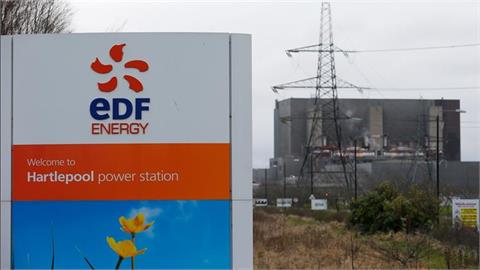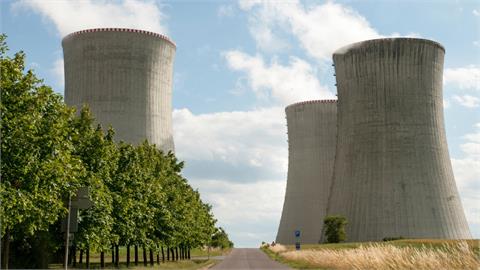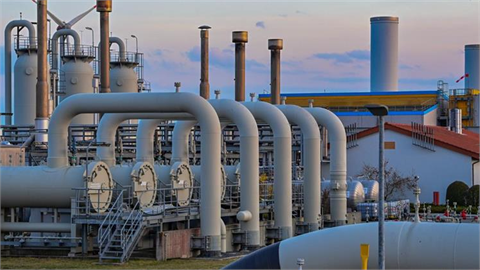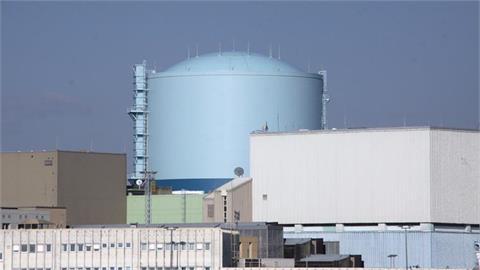Argentina’s state-run energy company refused to accept a cargo of liquefied Russian natural gas it had agreed to buy, forcing the tanker back out to sea.
The nation’s economy minister, Sergio Massa, told local TV station C5N Tuesday night that officials blocked delivery of the fuel because of sanctions. Yet Argentina, which faces the possibility of a glut of natural gas due to an unusually warm winter, does not have sanctions against Russia.
“Enarsa blocked the delivery because it violates the contract because it’s a sanctioned company,” Massa said in the interview without naming any company. He could not immediately be reached to clarify what he meant.
Gunvor Group Ltd., the trading house that made the delivery, said the shipment of LNG was lawful and transparent. “The transaction complies with all applicable economic sanctions, specifically those of the United States and the European Union,” Gunvor said in a statement. “Argentina has not adopted any sanctions against Russia.”
The invasion of Ukraine in early 2022 by Russia created a crunch for Europe to reduce its reliance on Russian supply and seek replacement gas via LNG. While no sanctions have been imposed on Russian LNG, some European nations — such as the UK and the Baltics — banned the nation’s super-chilled fuel while others urged not to renew supply contracts. Some Asian buyers also appear to be diversifying.
According to Bloomberg ship-tracking data, the vessel Flex Artemis initially loaded volumes at France’s Montoir-de-Bretagne terminal on June 25, lifting gas that originated from Novatek PJSC-led Yamal LNG in Russia.
The vessel then departed toward Argentina’s LNG terminal in Bahia Blanca, approaching it on July 14 before turning around Tuesday without delivering the volumes.
Argentina has purchased 44 spot cargoes to cover its southern hemisphere winter demand this year, but mild winter conditions signal the country could face low demand for heat.
Cargoes delivered so far this year were supplied from Equatorial Guinea, Nigeria, the United States and Trinidad and Tobago, according to data compiled by Bloomberg. Russian-sourced cargoes were last delivered to Argentina in 2018 and 2020.
(Bloomberg, Jul 19, 2023)



